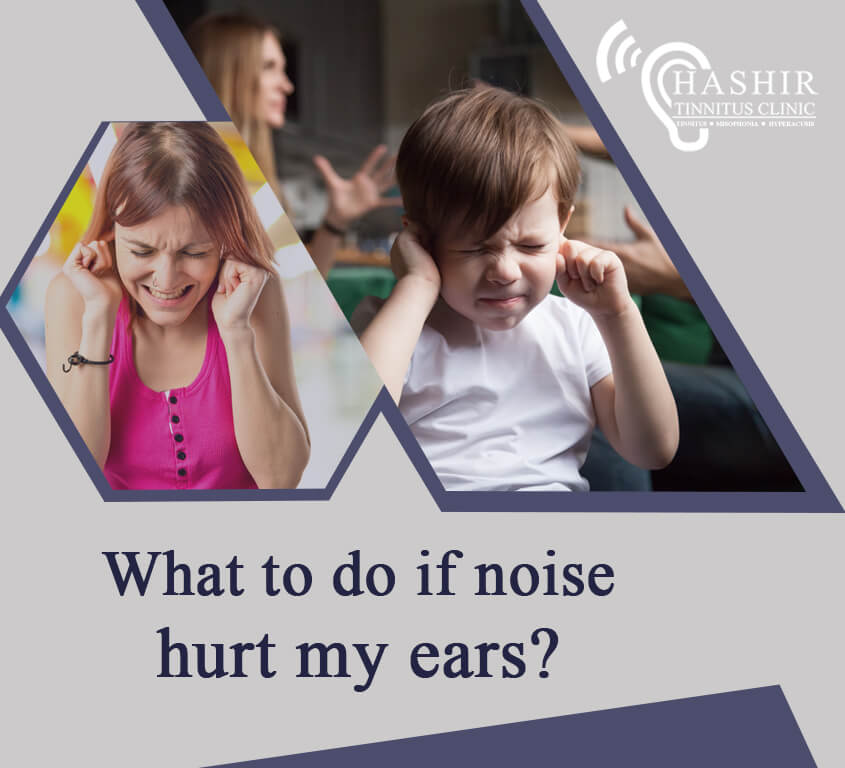
If, day-to-day environmental sounds hurt your ears, then it is likely that you are experiencing hyperacusis. Hyperacusis is intolerance of certain everyday sounds that causes significant distress and impairment in social, occupational, recreational, and other day-to-day activities. The sounds may be perceived as uncomfortably loud, unpleasant, frightening, or painful. Tinnitus and hyperacusis often co-occur; about 55% of patients who have tinnitus also experience hyperacusis. In patients with hyperacusis it seems that neurons that normally respond at higher sound levels begin to respond to sounds with lower intensities, leading to the perception of increased loudness. Hyperacusis typically is characterised by negative emotional reaction to environmental noises or sound in general. When a sound induces negative emotions, then the auditory system prioritise that sound and enhances its perception leading to the experience of hyperacusis. For majority of people who have hyperacusis there is no other underlying health condition. See an ENT and/or psychiatrist for medical and mental health assessment.If your hyperacusis impacts on your day-to-day activities, then seek help from a specialist audiologist for therapy. In presence of the trigger sounds, individuals with hyperacusis often exhibit an initial anxiety response resulting from the sensations of extreme loudness and sometimes pain in their ears or head. In individuals with hyperacusis-related distress, these initial hyperacusis symptoms are typically followed by a vicious cycle involving negative thoughts leading to negative emotions, physical sensations, and further negative thoughts which feed back into the patients initial reaction resulting in exacerbation of their symptoms. A specialised method of Cognitive Behavioural Therapy (CBT) which is a form of talking therapy has shown to be effective in management of hyperacusis. The CBT intervention for hyperacusis distress aims to break the vicious cycle by helping the individual to explore their negative thought processes and to modify them. Dr. Aazhs research in collaboration with University of Cambridge which is published in the American Journal of Audiology showed that on average in patients who receive hyperacusis-focused CBT, the impact of hyperacusis on their life is significantly reduced from 50% to 30%. Once the impact of hyperacusis on patients life is minimised, the improvement in the actual sensitivity to sound will follow.